Compensated Vs Decompensated Liver Disease
Compensated vs decompensated liver disease. Chapter 46 Decompensated liver disease and nutrition. Regular ultrasound tests are recommended to monitor the liver. Both of these conditions involve scarred tissue.
Once compensated cirrhosis reaches the severe range it is classified as decompensated cirrhosis because the liver can no longer cope with the damage caused by HCV. Early detection can save lives. Liver disease can be caused by various factors as shown in Table.
The body can no longer compensate for the loss of liver function. General methodology This guideline was developed in accordance with the standard. 1 Royal Free London NHS Foundation Trust London UK.
2 Cambridge University Hospitals NHS Foundation Trust Cambridge UK. This is more serious than compensated cirrhosis. However the decompensated type is more serious because there are major symptoms.
Its natural history is typically characterised by an asymptomatic phase termed compensated cirrhosis followed by the development of complications from portal hypertension andor liver dysfunction termed decompensated cirrhosis. Decompensated alcohol related liver disease ARLD occurs when there is a deterioration in liver function in a patient with cirrhosis which presents with jaundice coagulopathy ascites and hepatic encephalopathy. Medical specialists involved in the management of liver disease family physicians pharmacists nurses dieticians nutritionists as well as by medical leaders and administrators of liver units.
Liver disease patients with compensated or decompensated cirrhosis are also more at risk for liver cancer. Its important to know the difference between the two kinds. Patients with compensated cirrhosis are asymptomatic and overall have median survival times of 12 years.
In the care of patients with liver disease eg. There may be no signs of liver cancer until the cancer has grown very large and causes pain.
Chapter 46 Decompensated liver disease and nutrition.
When you dont have any symptoms of the disease youre considered to have compensated cirrhosis. General methodology This guideline was developed in accordance with the standard. The Cirrhosis Quicknotes provide bottom-line current recommendations regarding management of compensated and decompensated cirrhosis including guidelines for screening and management of varices and hepatocellular carcinoma HCC and guidelines for the management of variceal hemorrhage spontaneous bacterial peritonitis ascites hepatorenal syndrome and. Early detection can save lives. Liver disease patients with compensated or decompensated cirrhosis are also more at risk for liver cancer. The liver is ill but the body is able to compensate for the reduced liver function. The general condition is related to tissue scarring that prevents the liver from functioning properly. The liver is so damaged that it is no longer performing its function. This stage of cirrhosis is called compensated cirrhosis.
They include compensated vs decompensated cirrhosis. Compensated cirrhosis means the liver still works relatively well despite any scarring or fibrosis. Liver disease patients with compensated or decompensated cirrhosis are also more at risk for liver cancer. Decompensated cirrhosis is defined by the development of jaundice ascites variceal hemorrhage or hepatic encephalopathy. Medical specialists involved in the management of liver disease family physicians pharmacists nurses dieticians nutritionists as well as by medical leaders and administrators of liver units. Regular ultrasound tests are recommended to monitor the liver. You are then at risk of dying from life-threatening complications of liver disease unless your sick liver can be replaced with a healthy liver liver transplant.

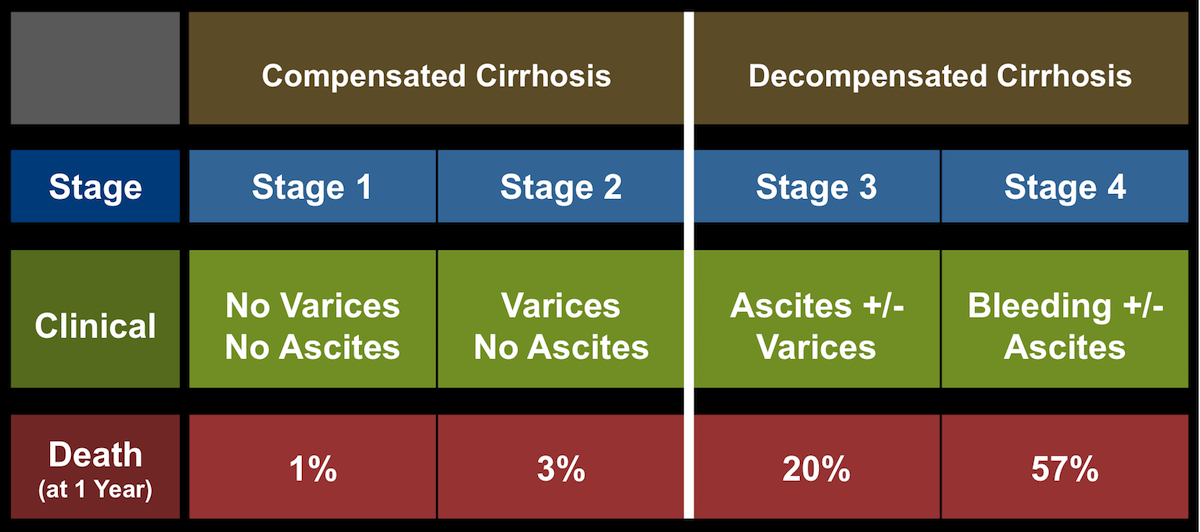











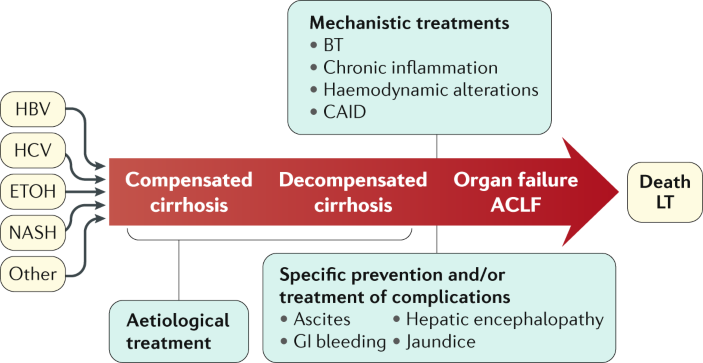
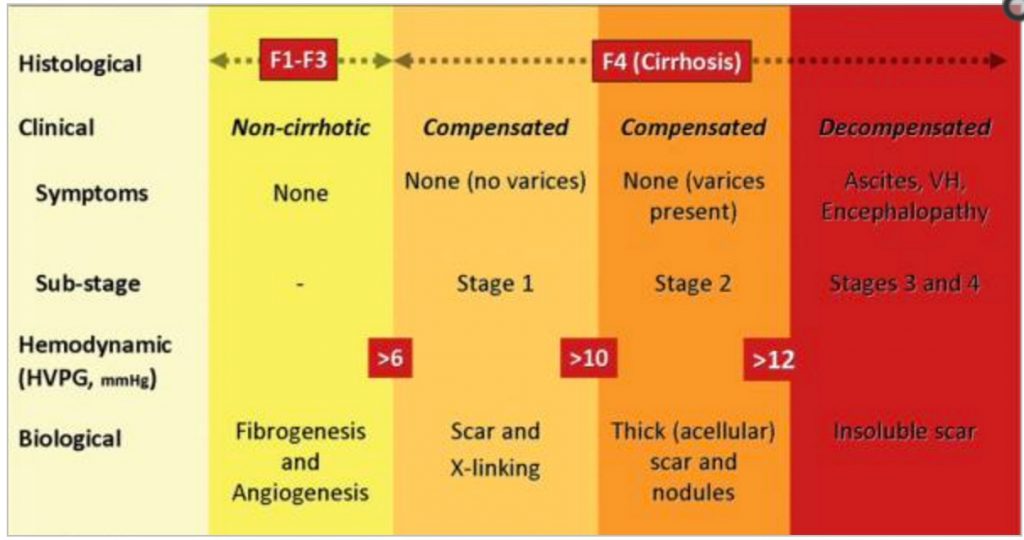


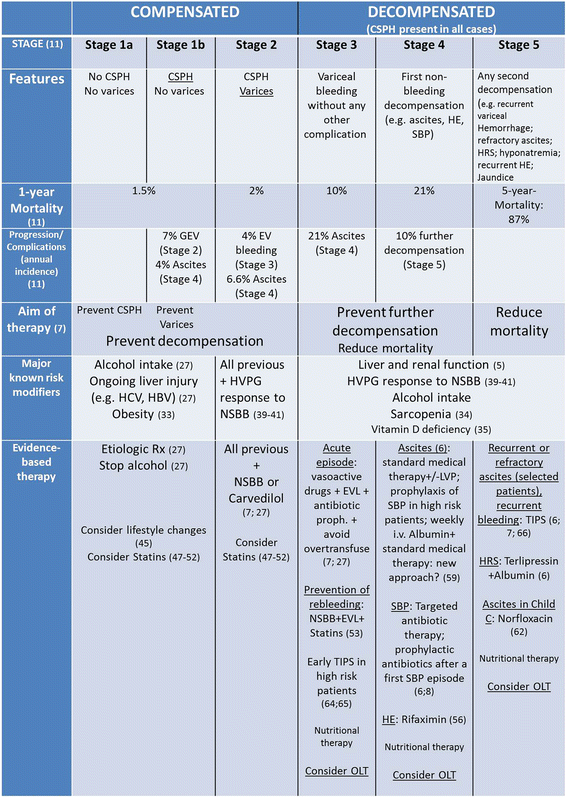

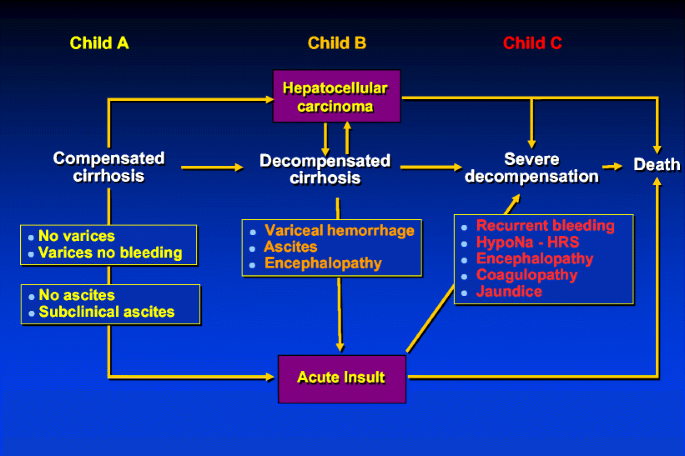

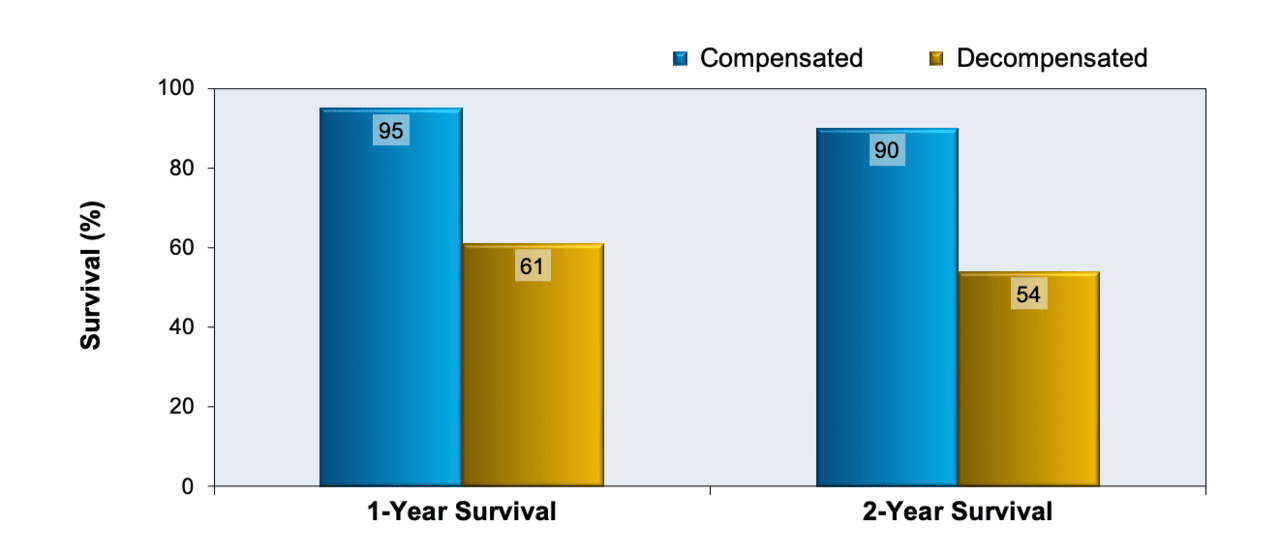
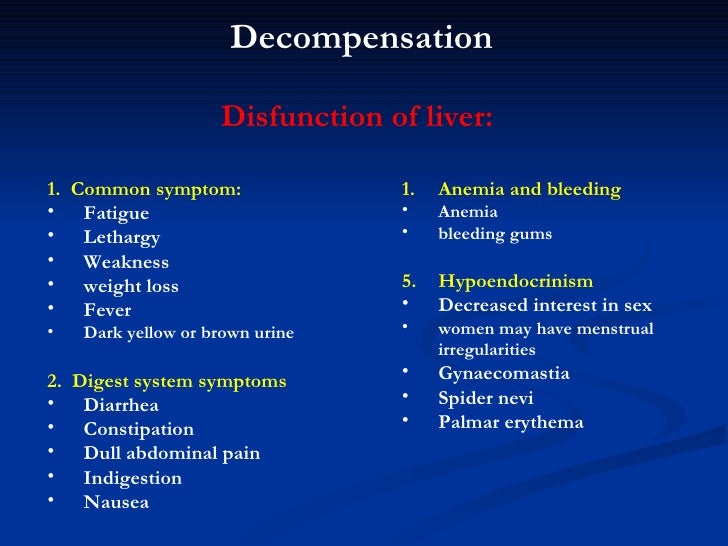

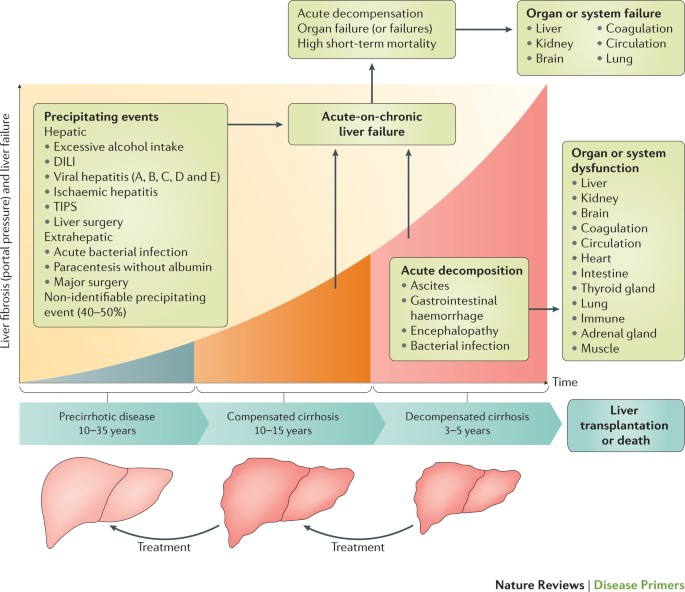
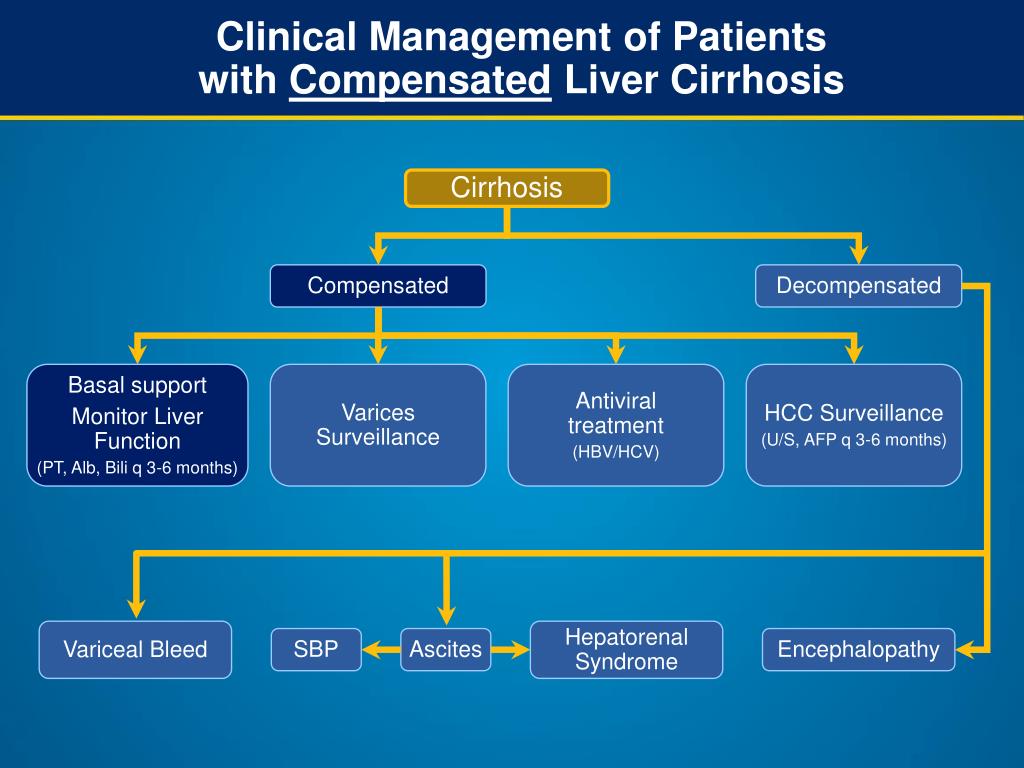

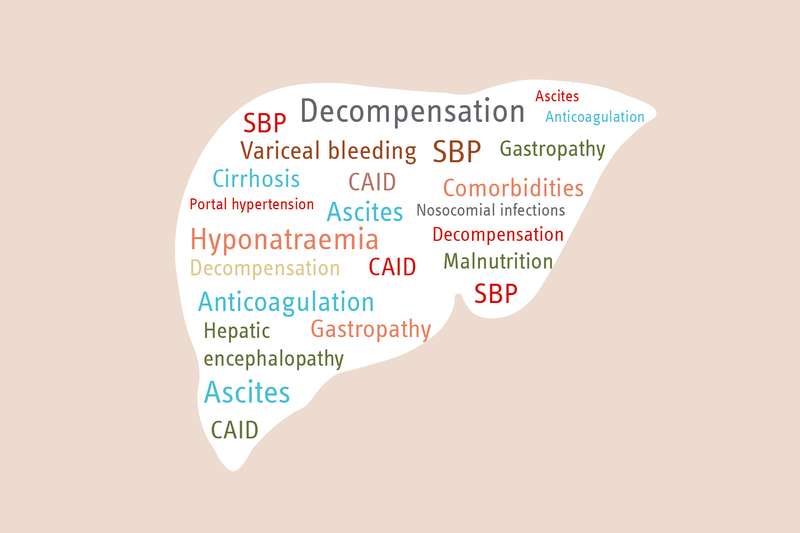
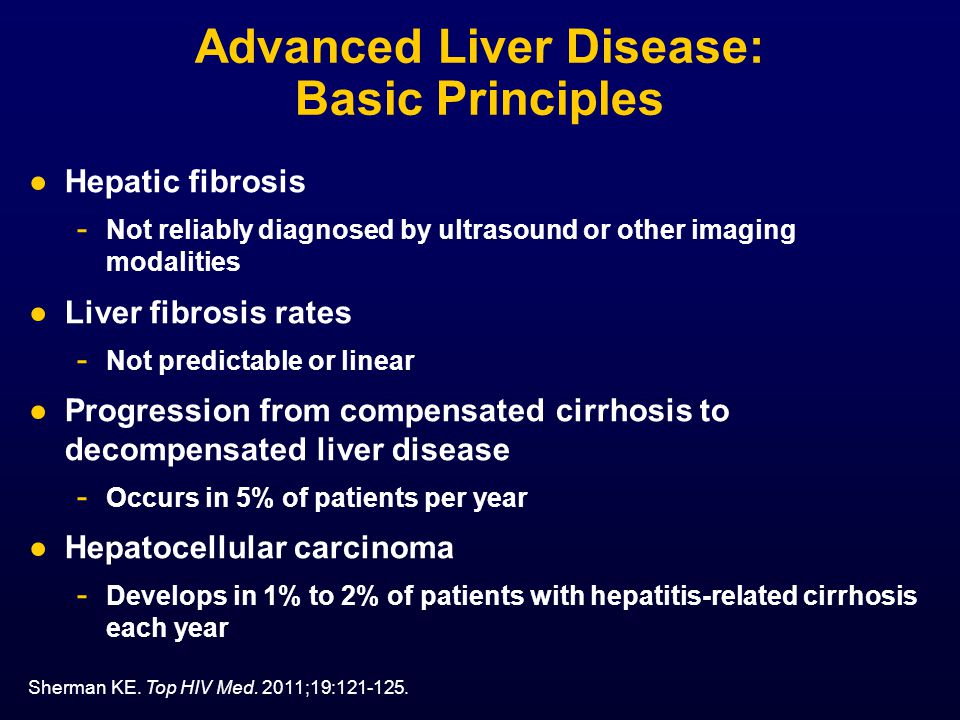

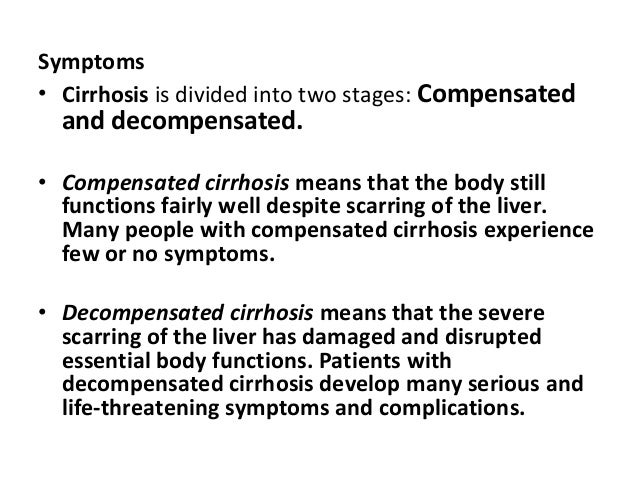
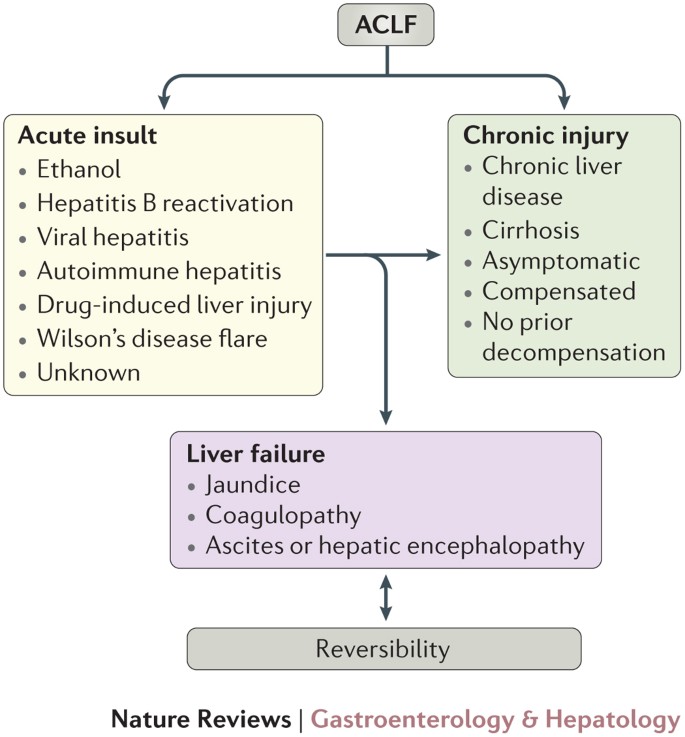





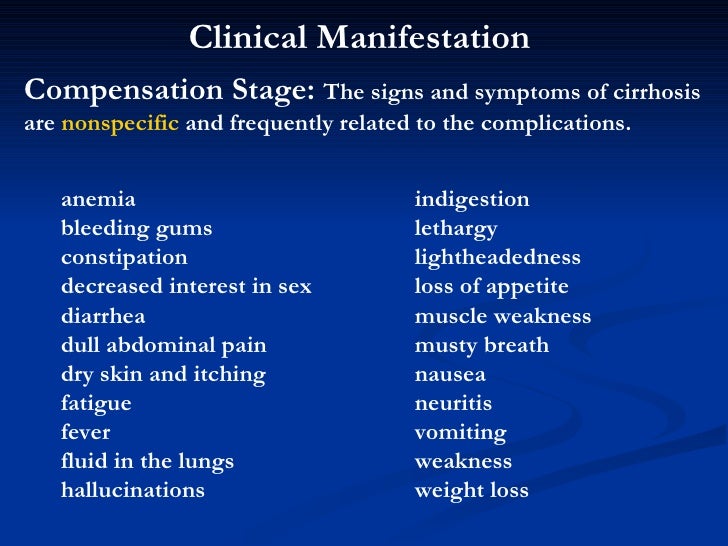


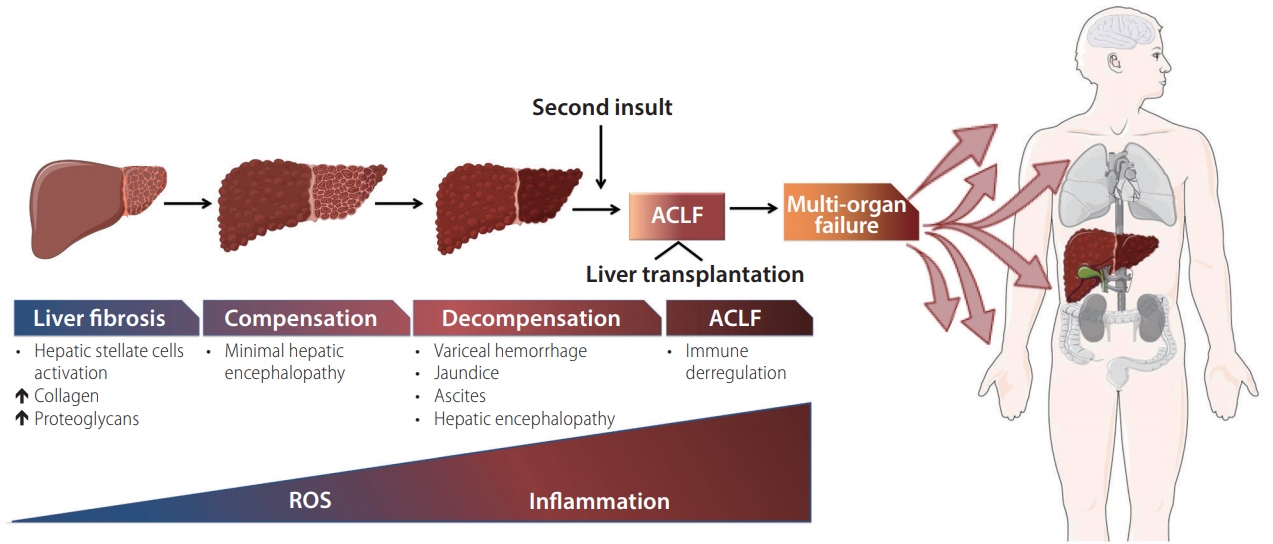




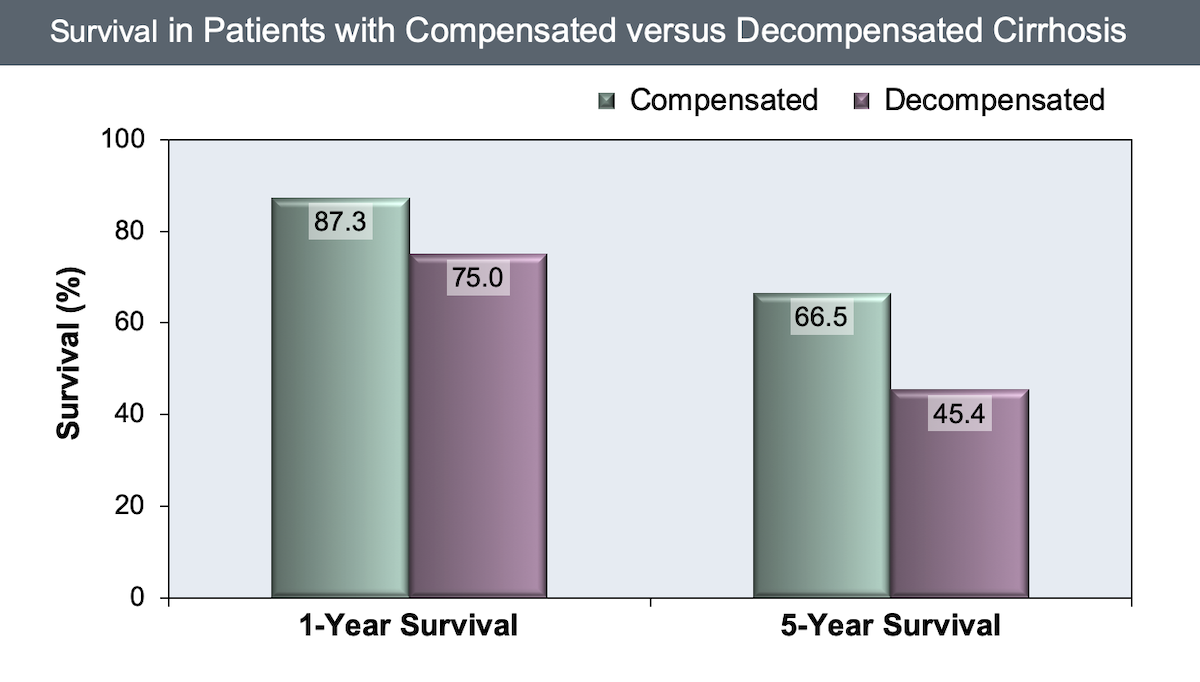
Post a Comment for "Compensated Vs Decompensated Liver Disease"